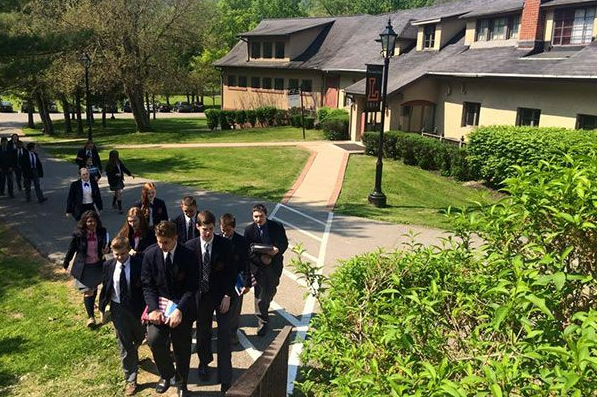
Editor’s note: This article appeared earlier today on wvmetronews.com.
Kanawha Circuit Judge Joanna Tabit has concluded that a scholarship program that provides state funds for students leaving the public school system is runs afoul of the state Constitution.
That conclusion at the end of a hearing that lasted a little more than an hour led Tabit to conclude the Hope Scholarship program is null and void.
“I’m granting preliminary and permanent injunctive relief, enjoining the state from implementing that statute,” Tabit said at the end of the hearing.
There’s a strong likelihood the issue will next go to the state Supreme Court. “We will be appealing,” said Conor Beck, communications project manager for the Institute for Justice, which is supporting parents who want to use the scholarship.
More than 3,000 students have been awarded the scholarship, which could be used for education expenses this fall. But the program has been challenged on grounds that it violates the state Constitution by diverting funding away from the public education system.
The Legislature passed and the governor then signed a bill establishing the Hope Scholarships in 2021, providing money for students leaving the public school system to use for a variety of financial costs. West Virginia’s program also allows students old enough to enter the school system for the first time to be eligible immediately.
The conservative publication the Federalist concluded “West Virginia just passed the nation’s broadest school choice law.” That’s because eligibility in other states with similar programs is more narrowly defined.
The plaintiffs, parents of students in the public school system, argued that Hope Scholarship violates the state Constitution’s Article XII, Section 1 duty to provide for “for a thorough and efficient system of free schools.” They contend that means the Legislature can’t “exceed this mandate by publicly funding private education outside the system of free schools.”
To continue reading, click here.


